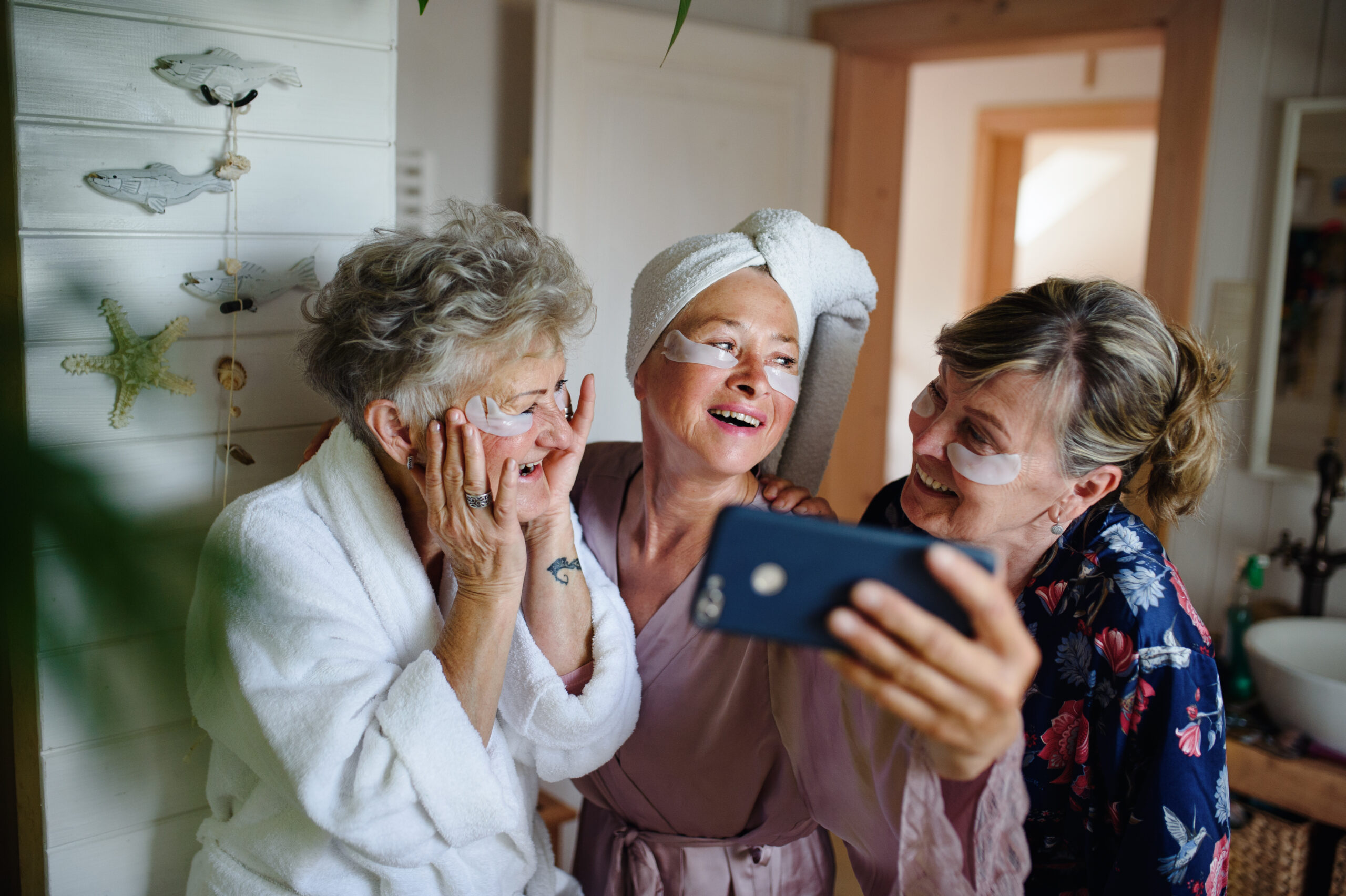Self-Care for Overall Health and Well-Being

Self-care involves everything you do to take care of your physical, mental and emotional health. This can be getting enough sleep and trips to the spa, but it can also be setting boundaries, focusing on your priorities and finding more time for the things that bring you joy.
What can be considered ‘self-care’ is different for every person, but it involves recognizing and meeting your own needs to preserve or improve your overall health and well-being. And we know that when you take care of yourself, you will actually be in a better position to take care of your family, friends and community. To help you prioritize self-care, here’s more on why it’s so important, examples of self-care practices and tips for making self-care a part of your daily routine.
Why is Self-Care Important?
An effective self-care routine has a number of proven health benefits and even small changes can have a positive impact on your physical and mental health. Some of the known health benefits include:
- Improved immunity
- Chronic disease prevention and management
- Increased energy levels
- Reduced anxiety and depression
- Decreased stress
- Enhanced mood and overall happiness
- Reduced burnout and exhaustion
- Increased sense of self-worth
- Improved concentration and productivity
- Better coping mechanisms
- Improved relationships with others
What Are Some Examples?
If you want to add more self-care to your daily life, here’s a list of physical, mental and emotional activities that may be beneficial:
Physical Self-Care
Enhance your physical well-being.
- Get enough sleep (7-9 hours per night)
- Attend regular medical check-ups
- Move your body (e.g., join a sports team, walk every day)
- Get a massage
- Give yourself a manicure
- Drink lots of water
- Add fruits and vegetables to every meal
- Get outside every day
- Have a cup of tea
- Take a bath
Mental Self-Care
Stimulate your mind and support your mental health.
- Learn a new hobby or skill
- Read a book
- Get regular exercise
- Buy yourself a gift
- Listen to a podcast or audiobook
- Spend time in nature
- Donate time or money to an important cause
- Go to a museum
- Try a brain teaser (e.g., crosswords, sudoku or puzzles)
- Take breaks and vacations
- Limit exposure to negative media and social networks
Emotional Self-Care
Connect with your emotions and process them in a healthy way.
- Practice mindfulness or meditation
- Journal your thoughts and feelings
- Set and respect healthy boundaries
- Do more of the things that bring you joy (e.g., listen to music, garden)
- Take a nap
- Seek counselling or therapy
- Spend time with family and friends
- Practice more self-compassion and gratitude
How Can I Make Self-Care a Part of Life?
Most of us know that self-care is important, but not having enough time is a common reason why people tend to neglect this part of life. Finding the time for self-care can be very challenging with all of the other responsibilities that demand your attention. A self-care routine does take effort and consistency to work, so here are some tips to help you be more successful:
- Look at Current Habits. First consider what is going on in your life. How are you feeling, what is causing you stress and are there things you currently do to cope which may be damaging for your physical, mental or emotional well-being? This will help you determine where you need the most support.
- Brainstorm. Remember that what can be considered self-care will be different for everyone, so list the activities that you know will make you feel better and bring you joy, relaxation or satisfaction. Keep your ideas simple and realistic so you’re more likely to add them into your routine.
- Start Small. Choose one self-care activity or behaviour you would like to incorporate into your daily life and focus on that one first. This can be as simple as adding more colour to your living space or buying a new scented candle. Once you have been successful, gradually add more practices.
- Find Opportunities. Think about whether you can add or combine self-care practices to your regular activities. If you have a long commute, this could be a chance to listen to an audiobook or call a friend. Your lunch break can also be a great time to get in some exercise.
- Set Aside Time. Treat self-care activities as priorities and book them into your daily or weekly schedule in the same way you would an appointment or work deadline. Set self-care reminders that will prompt you to go to bed early or stop working to have a nourishing snack.
- Be Flexible. If your lifestyle, needs or stress levels change, you can adjust your self-care routine. Maybe your monthly manicure that you thought would bring you joy is actually making you feel stressed about the added cost. Give yourself the freedom to adjust or try something new entirely.
According to research, it can take between 18-250 days to adopt a new habit, with 66 days being the average time. This number can vary widely between people and some routines are easier to start than others, so give yourself time to truly incorporate self-care into your routine. A sustainable self-care practice is about finding moments within each day, week or month to do more of the things that make you feel balanced. When practiced consistently over time, these small practices can add up to a healthier and more fulfilling life.
If you found this article helpful, you may want to read:
